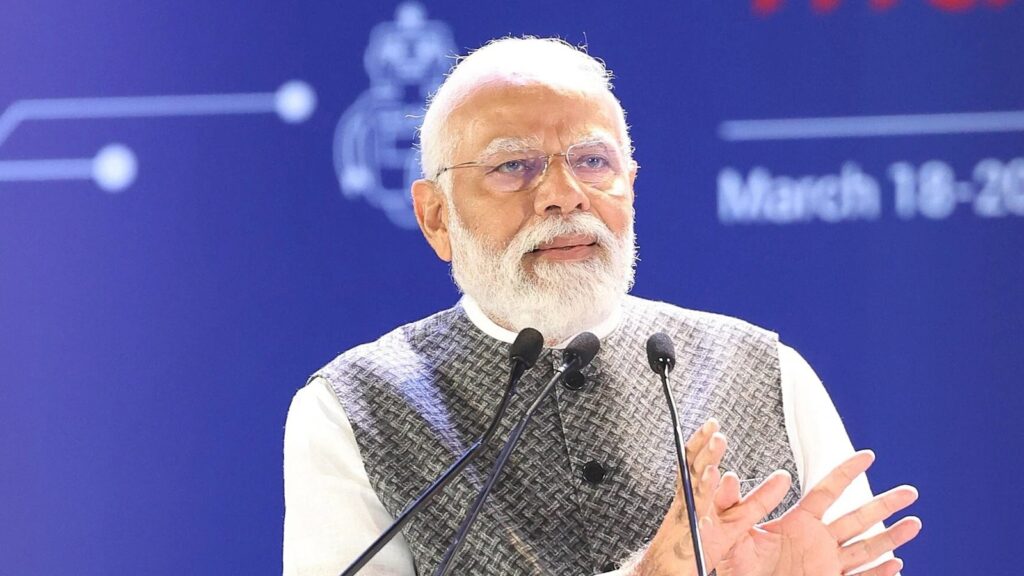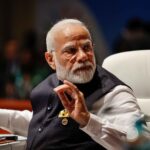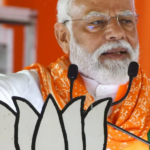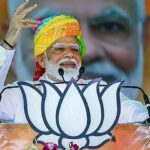1. Asserting India’s Commitment to Media Freedom:
Prime Minister Modi emphasized India’s unwavering commitment to media freedom, stating that it is an essential pillar of democracy. He reiterated the government’s dedication to upholding the principles of free speech and expression, while also stressing the need for responsible journalism.
2. Criticizing ‘Dubious Claims’ by Some in the West:
PM Modi called out what he described as “dubious claims” made by certain entities in the West regarding media freedom in India. He refuted allegations of censorship and suppression, emphasizing that India’s vibrant media landscape is evidence of its thriving democracy.
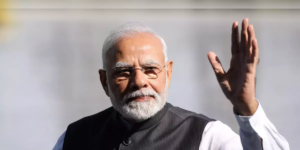
3. Highlighting India’s Diverse Media Environment:
The Prime Minister underscored the diversity of India’s media landscape, which encompasses a wide range of viewpoints and perspectives. He emphasized that Indian media outlets operate independently and have the freedom to criticize the government, reflecting the country’s pluralistic democracy.
4. Addressing Challenges Faced by Journalists:
PM Modi acknowledged the challenges faced by journalists in India, including issues related to safety, access, and economic sustainability. He reiterated the government’s commitment to ensuring the safety and security of journalists, while also emphasizing the importance of ethical journalism in maintaining public trust.
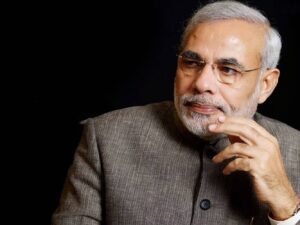
5. Emphasizing the Role of Social Media:
In the interview, Prime Minister Modi also highlighted the growing influence of social media platforms in shaping public discourse. He underscored the need for responsible behavior on social media, calling for greater transparency and accountability to combat misinformation and fake news.
Overall, PM Modi’s interview serves as a reaffirmation of India’s commitment to media freedom and democratic values. By addressing concerns and highlighting the country’s diverse media landscape, he seeks to dispel misconceptions and promote a more nuanced understanding of the state of media freedom in India.
